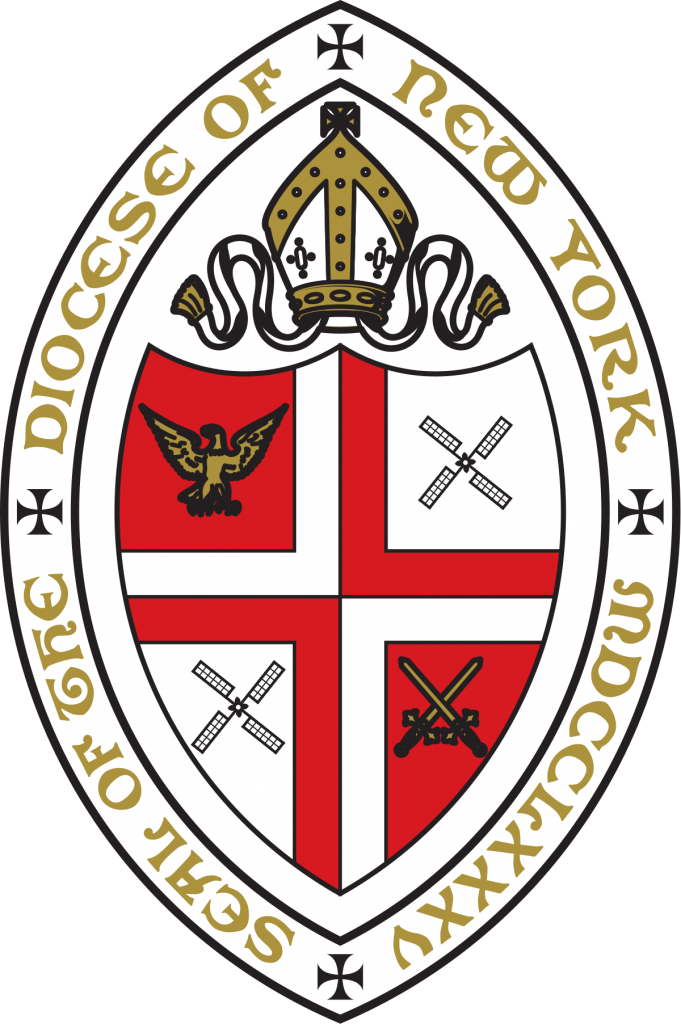The Associated Press published an article on its blog yesterday about the Episcopal Church’s willingness to confront and acknowledge its role in past sexual abuse.
With striking displays of candor, the Episcopal Church is acknowledging the potency of the #MeToo movement by officially lamenting its past role in sexual exploitation and pledging steps to combat it.
The Protestant denomination’s national convention this summer included an emotional session at which first-person accounts of abuse by clergy and other church personnel were read aloud by bishops of the same gender as the victims — six men, six women. Dioceses nationwide are now seeking to gather and share similar stories from victims in their local church communities.
The article goes on to describe the efforts of the Diocese of New York toward this end. That effort seems to have been provoked at least in part by a listening session at a clergy gathering this past spring, where attendees shared accounts of past abuse, including at the hands of Paul Moore, Jr., who served as bishop from 1972-1989.
It has been known for a decade that Moore, who died in 2003, was bisexual and had a long extramarital affair that began when a young man came to him for counseling. Moore’s daughter, Honor Moore, revealed that in a 2008 memoir.
Shortly after the memoir’s publication, then-Bishop Mark Sisk issued a pastoral letter describing Moore as “an exploiter of the vulnerable” who had been the subject of multiple complaints. But the scope of Moore’s abusive sexual misconduct has become known only this year, notably at a Catskill Mountains retreat in the spring attended by clergy from the New York diocese.
… As recounted by [the Rev. Alison] Quin in a May 6 sermon, one female priest arose to denounce Moore as a serial exploiter who had affairs with many young priests and lay people. Quin said a male priest in his 60s came next, saying, “I was one of Paul Moore’s boys — he seduced me when I was a new priest. It nearly ruined my life.”
Recalled Quin, “Many of us were in tears at the end of the morning — at the suffering we heard, at the terrible mix of good and evil in human beings, at the brokenness in the church.”
In his pastoral letter to the diocese to announce the effort, Bishop Andrew Dietsche writes:
It was observed that “there are those too powerful to be held to account,” and we were reminded that all of the sins of the world, and all of the ways in which everything and all people exist in systems marked by power differentials, and all of the ways in which people use other people to satisfy their own desires or ambitions, exist in the church as well.
… The season of listening has come. The time when long suppressed voices may speak and be heard has come. And I am grateful to those people, mostly women, but men too — who have broken the silence in our culture. And I am grateful to those who have created the processes here described for bringing into our diocese and our convention the safe place of telling.
The full text of Bishop Dietsche’s pastoral letter is available here.
The letter from the #MeToo Task force is available here in English, and here in Spanish.

